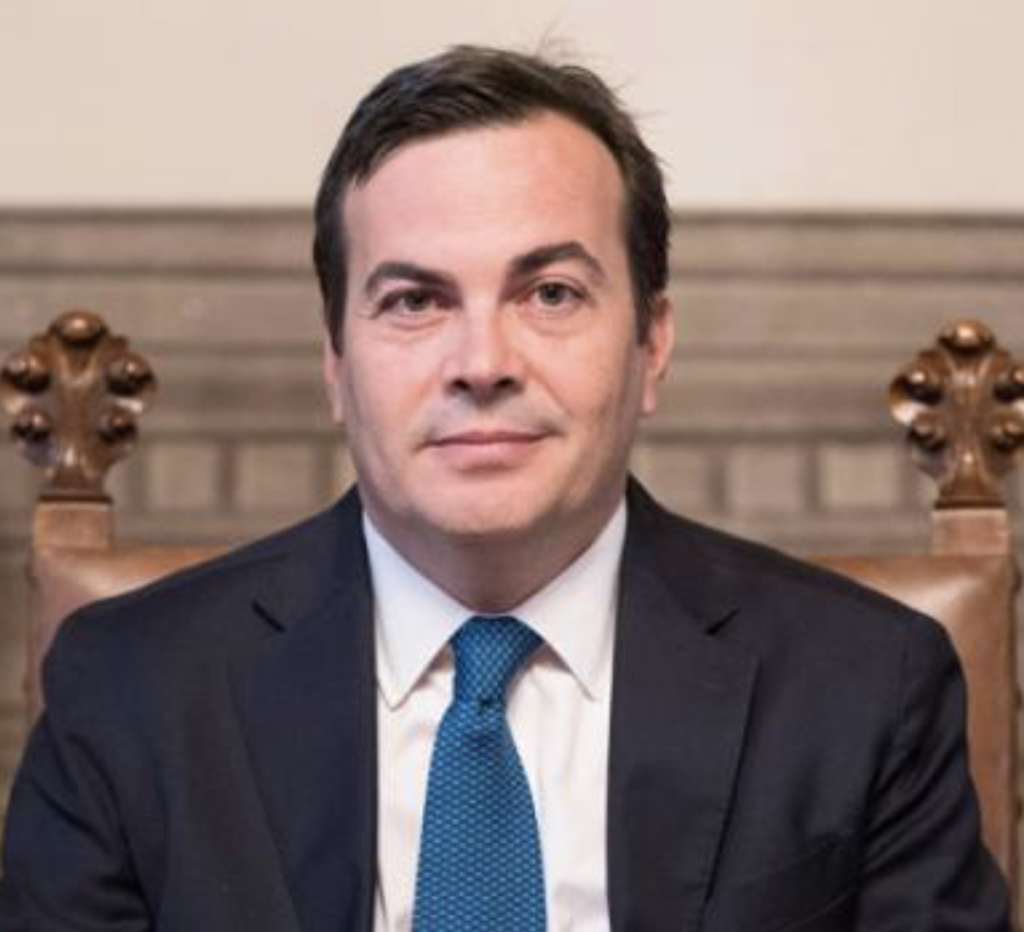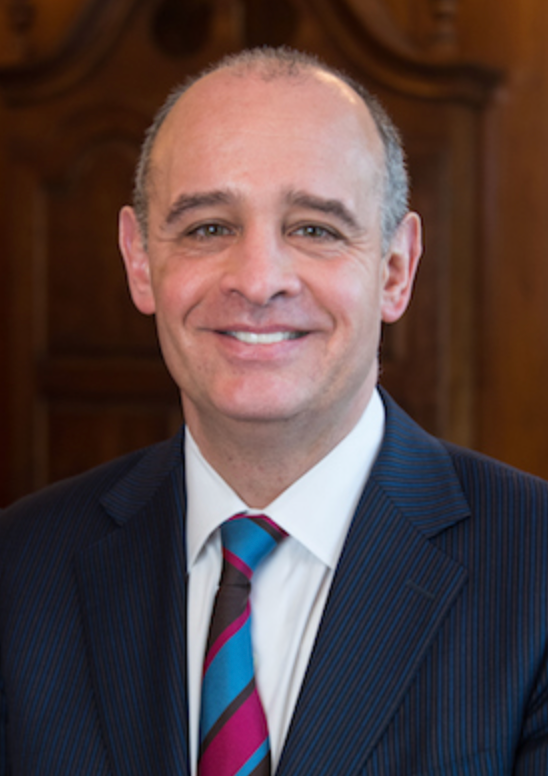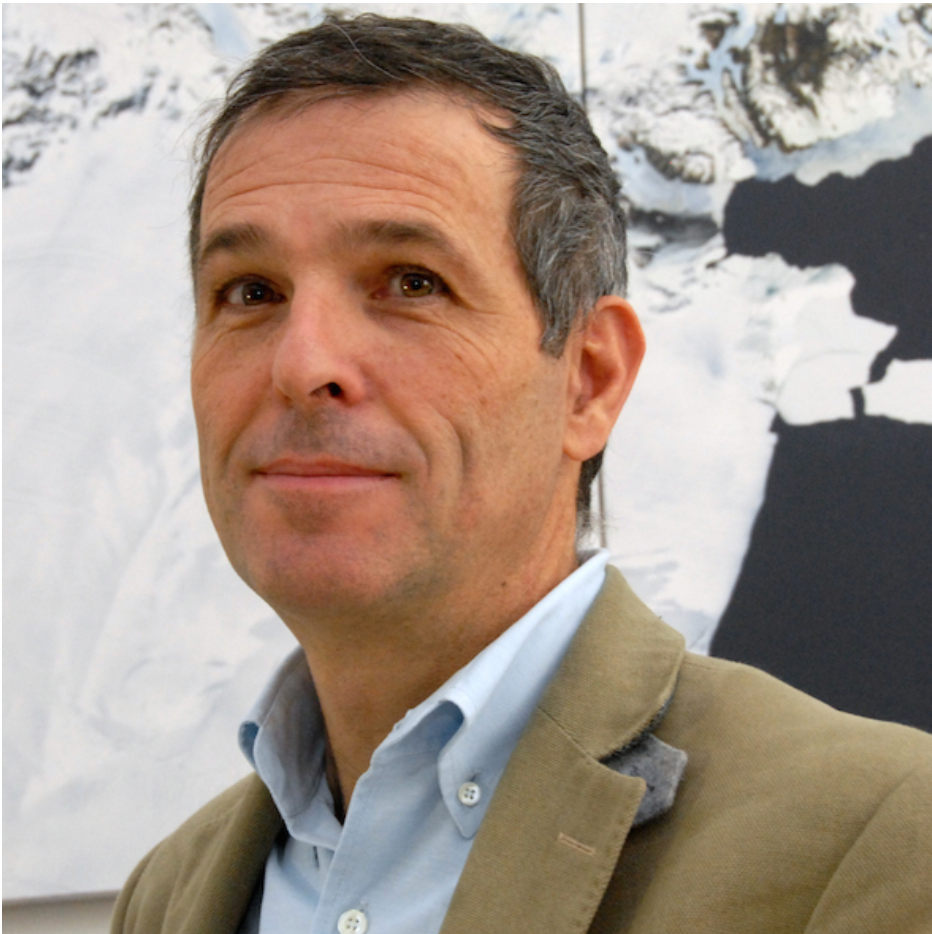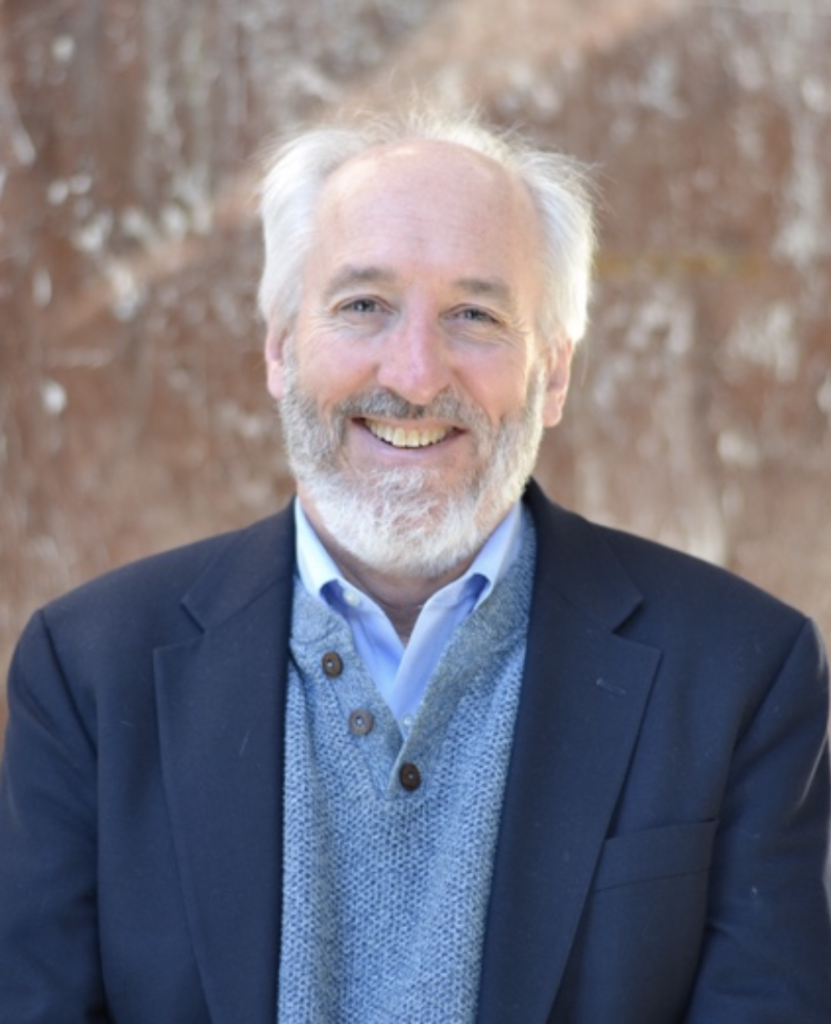2020 Events Archive
| Date | Event | Speaker(s) |
|---|---|---|
| February 11 | The Future of Europe: Italy’s Perspective | Minister Enzo Amendola |
| Canceled | Sinners, Saints, and Prophets: Music and Theater in Modern Naples | Round Table Discussion & Performance by the Georgetown Carroll Consort |
| Canceled | From the Past to the Future: An Exploration of the Scientific Causes & Effects of Climate Change | Dr. Carlo Barbante & Dr. Paul Shepson |
The Future of Europe: Italy’s Perspective
Speaker

Minister Enzo Amendola
Italian Minister of European Affairs
Born in Naples on 22 December 1973, in 1998 he is entrusted with the foreign affairs of the Sinistra Giovanile movement (left youth) and is designated vice president of the International Union of Socialist Youth (IUSY).
In 2001 he is elected Secretary General of the IUSY. Member of the Presidium and the Executive of the Socialist International he participates as a delegate in the most relevant international fora, from the Council of Europe to the World Social Forum. In 2006, he joins the National Secretariat of the Democratici di Sinistra (Left Democratic) Party and takes the lead of the party’s Regional Secretariat in the Campania Region. In October 2009, he wins the Campania’s primary elections and becomes Regional Secretary of the Democratic Party (PD), a post that he holds until February 2014. In 2009 he joins the National Secretariat of the party and is entrusted with coordinating the Conference of Regional Secretaries. In March 2013, he is elected to the Chamber of Deputies. As a member of the Parliament, he is the party’s group leader to the Committee on Foreign and EU Affairs and a parliamentary delegate to the Organization for Security and Co-operation in Europe (OSCE). In June 2013, he is confirmed in his role of coordinator of the Conference of Regional Secretaries for the Democratic Party. In September 2014, as a member of the PD national secretariat, he is in charge of Foreign and European Affairs and of the relations with the European Socialist Party.
Discussion Leader & Moderator

Christopher S. Celenza, Ph.D., Dr.phil.
Dean of Georgetown University
Professor of History and Classics
Georgetown University
Christopher S. Celenza is Dean of Georgetown College at Georgetown University, where he is also professor of History and Classics. Previously, he served as Vice Provost for Faculty Affairs at Johns Hopkins University, where he held the Charles Homer Haskins Professorship. At Johns Hopkins he also served a Vice Dean for Humanities and Social Sciences. He served as the 21st Director of the American Academy in Rome from 2010-14.
Celenza holds two doctoral degrees, a PhD in History (Duke University, 1995) and a DrPhil in Classics and Neo-Latin Literature (University of Hamburg, 2001). He is the author or editor of ten books and over forty scholarly articles in the fields of Italian Renaissance history, post-classical Latin literature and philosophy, and the history of classical scholarship.
An Italian translation of his book, The Lost Italian Renaissance, appeared with the publisher Carocci in 2014. His most recent books are The Intellectual World of the Italian Renaissance: Language, Philosophy, and the Search for Meaning (Cambridge and New York: Cambridge University Press, 2018); Petrarch: Everywhere a Wanderer (London: Reaktion, 2017); and Machiavelli: A Portrait(Cambridge, Mass.: Harvard University Press, 2015).
He has held Fellowships from the Guggenheim Foundation, the ACLS, Villa I Tatti, the American Academy in Rome, and the Fulbright Foundation.
Sinners, Saints, and Prophets: Music and Theater in Modern Naples
Round Table Discussion & Performance by the Georgetown Carroll Consort
CANCELED
New North McNeir Auditorium, Georgetown University
Elisa Novi Chavarria is Professor of History of the Early Modern Age at the University of Molise, Italy. Her main research area is the social and religious history in the Spanish imperial world: among her most recent publications are Forme e simboli dell’universalismo ispanico: il processo di integrazione tra le “nazioni” della Monarchia attraverso la rete assistenziale (1578-1598), in «Rivista storica italiana», 129 (2017); Confortatori d’anime e/o consulenti militari: i carmelitani spagnoli del convento di Nostra Signora del Buon Successo di Napoli (1638-1687), in «Dimensioni e problemi della ricerca storica», 1 (2018); Domestic Religion and Connected Spaces: Isabella della Rovere, Princess of Bisignano (1552–1619), in M. Corry – M. Faini – Alessia Meneghin (edd.), Domestic Devotions in Early Modern Italy (Brill 2019).
Giulio Sodano is currently Professor of History of the Early Modern Age at the Università of Campania “Luigi Vanvitelli”, and is the coordinator of the Ph.D. Program in History and Transmission of Cultural Heritage. He has worked extensively on the history of ecclesiastical institutions and religious life in Southern Italy, as well as on the analysis of the mechanisms that create sanctity. Other research areas are the political, economical and social role of aristocracy and the city identities in Southern Italy. He has recently devoted himself to the history of European dynasties, to the symbolic aspects of monarchic power, and to the upbringing of young princes.
Among his monographs are Modelli e selezione del santo moderno. Periferia napoletana e centro romano, Naples: Liguori, 2002; Il miracolo nel Mezzogiorno d’Italia dell’età moderna tra Santi, Madonne, guaritrici e medici, Naples: Guida, 2010; Da baroni del Regno a Grandi di Spagna. Gli Acquaviva d’Atri: vita aristocratica e ambizioni politiche, Naples: Guida, 2012; Memorie di famiglia. Il libro dei Foschi: comportamenti demografici e sociali di una famiglia meridionale del ceto intermedio (1594-1963), Naples: ESI, 2014. He co-edited with Giulio Brevetti the volume Io, la Regina. Maria Carolina d’Asburgo-Lorena tra politica, fede, arte e cultura, Palermo: Quaderni di Mediterranea, 2016.
Giulio Brevetti is a Research Fellow in History of Art Criticism at the Università della Campania “Luigi Vanvitelli”. Much of his research focuses on royal iconography and portraiture. He is the author of La patria esposta. Arte e Storia nelle mostre e nei musei del Risorgimento (2018), a monograph on the exhibitions of history and artistic production of the Risorgimento.
Paologiovanni Maione is Professor of Music History and Aesthetics at the Conservatory “San Pietro a Majella” in Naples. He is a consultant member for the musicological activities of the Fondazione “Pietà de’ Turchini” in Naples, a member of the scientific board of the Fondazione Pergolesi-Spontini at Jesi, as well as of the Da Ponte Research Center in Vienna. He has held appointments with the Department of the Humanities if the University “Federico II” in Naples. From 1998 to 2003 he was in the directive committee of the «Rivista Italiana di Musicologia», and from 2004 to 2009 he was responsible for the section in charge of all conferences.
Since 2010 he has been a member of the advisory board of the same section. Among his numerous publications are Le istituzioni musicali a Napoli durante il Viceregno Austriaco (1707-1734). Materiali inediti sulla Real Cappella ed il Teatro di San Bartolomeo (Naples: 1993), «Onesto divertimento, ed allegria de’ popoli». Materiali per una storia dello spettacolo a Napoli nel primo Settecento (Milan: 1996). La cappella musicale del Tesoro di San Gennaro di Napoli tra Sei e Settecento (Naples: 2008). He has edited several volumes: the Storia della musica e dello spettacolo a Napoli. Il Settecento was published by Turchini in Italy in 2009 and by Bärenreiter in Kassel, Germany, in 2010. Francesco Cotticelli is Associate Professor of Theatre Studies at the University “Federico II” in Naples. He obtained his Ph.D. in History of Modern and Contemporary Theatre in 1998 and held a post-doc appointment at Ohio State University, U.S.A. In 2004 he was visiting professor at the Institut für Film-, Medien- und Theaterwissenschaft of the University of Vienna, Austria.
He has extensively studied the theatrical life in Naples between the 17th and the 18th century, carrying out thorough research into archival funds, which provided insight into the outstanding milieu of the Southern capital and its connections with other European places. Among his numerous publications are the bilingual critical edition of the richest collection of scenari, the Casamarciano, (The Commedia dell’Arte in Naples, New York-London2001), and that of the fundamental treatise Dell’arte rappresentativa premeditata, ed all’improvviso (1699), by Andrea Perrucci (New York-London 2008). He collaborates with theatre journals in Italy and abroad. Since 1990 he has given lectures and taken part in numerous symposiums worldwide.
Repertoire for April 6th Sacred Music Program
Selections from Stabat Mater by Giovanni Battista Pergolesi. The work was composed in 1736 for the Neapolitan Confraternitá dei Cavalieri di San Luigi di Palazzo
1. “Stabat Mater Dolorosa” Grave, duet
2. “Cujus animan gementem” Andante amoroso, soprano solo
3. “O quam tristis et afflicta” Larghetto, duet
4. “Quae moerebat et dolebat” Allegro, alto solo
11. “Inflammatus et accensus” Allegro ma non troppo, duet
12. “Quando corpus morietur” Largo assai, duet
The Carroll Consort
Violins: Marc Pitrois, Beau Reitz, Vidya Mullangi, Sayani Majmundar
Viola: Liza Roberts, Emma Oeschner, Sophia Limacher
Cello: Rachel Hwang, Joon Kim
Harpsichord: Hojoon Kim (student director of TCC)
Vocalists: Isabella Turilli, Alicia Zeng (president of TCC)
Faculty Advisor: Professor Frederick Binkholder
From the Past to the Future: An Exploration of the Scientific Causes & Effects of Climate Change
CANCELED
Intercultural Center Auditorium, Georgetown University
Speakers

Carlo Barbante
Department of Environmental of Sciences, Informatics and Statistics
University of Ca’Foscari of Venice and
Institute of Polar Sciences – CNR
Carlo Barbante is a Professor at the Ca’Foscari University of Venice, where he works on paleoclimatic reconstructions through ice cores, since many years. He is associate researcher at the Institute for Polar Sciences of the National Research Council of Italy. He has participated in several expeditions in polar regions and in the Alps and is author of more than 270 publications in high impact scientific journals. Professor of Earth’s Climate at Ca’Foscari-Harvard Summer School, he has been recently granted by the European Research Council with a prestigious Advanced Grant. Carlo has been professor at the Accademia Nazionale dei Lincei and is an elected member of the Accademia delle Scienze detta dei XL and of the Istituto Veneto di Scienze Lettere ed Arti. He is currently past-President of the Italian Society for Climate Sciences and National Representative in the H2020 Programme Committee on “Climate Action, Environment, Raw Material and Resource Efficiency”.

Paul Shepson
Dean of the School of Marine and Atmospheric Sciences
Stony Brook University
Paul Shepson was born and raised in Elmira, N.Y., a child of the Finger Lakes. He is an atmospheric chemist, and is currently Dean of the School of Marine and Atmospheric Sciences at Stony Brook University. From 2014 – 2018, he served as Director of the Division of Atmospheric and Geospace Sciences at the National Science Foundation, as a “rotator”, on leave from Purdue University, where he has been the Jonathan Amy Distinguished Professor of Chemistry, and Earth, Atmospheric, and Planetary Sciences. At Purdue he was also the founding Director of the Purdue Climate Change Research Center. Professor Shepson’s research focuses on exchange of gases between the surface and the atmosphere in a variety of environments and involves building unusual platforms including tethered balloons, ice-tethered buoys, and his group’s aircraft, the Airborne Laboratory for Atmospheric Research. He is an avid pilot. He is passionate about understanding and communicating about climate change and its impacts and related constructive problem solving. He is currently working with New York State in developing climate mitigation plans for the State.
